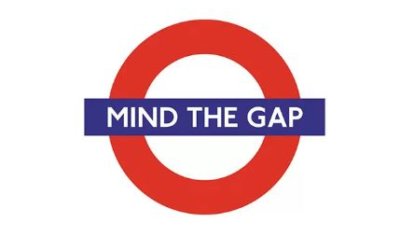The Doctor calls, encouraging you to head to the hospital immediately in the hope of spending a few last moments with Mom. “She fought her cancer so bravely for so long,” he says.
You didn’t know she was sick.
Sweet Briar alums and parents can be forgiven for having similar reactions upon learning that their beloved college was about to close. From what I’ve read, the board was well informed, as was the administration and a good portion of the faculty and staff knew that things were not going along as planned. The board can be forgiven for not sharing their litmus tests for continuance with the general public. But alumni and parents are another story. Why were they so taken aback at this news?
Sweet Briar may have suffered from not giving heed to the information needs of its varied constituency. The public will be fed all the positive news that can be mustered about accomplishments of students, faculty and alums alike. Sports team victories, academic accolades and student work with the less fortunate are wonderful stories to share. That is expected and, from all accounts, that is how Sweet Briar operated.
Students and their parents need a little more information and not all of it has to be glowingly positive. They are important stakeholders who will cough up the entire price increase when Megan returns to the place she loves. Surprises can have a negative impact on retention. Alumni need even more information, to the point of risking the sending of institutional challenges to a group that may tend to share things more freely. Why? Well, alumni and close friends love the institution and will do whatever they can to make it successful. That includes donations and the encouragement of prospective students to check out the college. If you haven’t shared the need, money is left on the table no matter how solid your annual fund appeal seems to be.
“… too many administrations treat everyone except the board like members of the public at large.”
Faculty and staff are the next higher level of information recipients. Their careers are invested there and they should be receiving timely data so that they can make decisions about whether they want to stay around or to prompt ideas for changing the trajectory. Then there is the board and administration who must have a high level of information available so that decisions can be supported by timely data.
The problem is that too many administrations treat everyone except the board like members of the public at large. After all, what if someone shares information with a reporter from the student newspaper? The result of this approach is frustration on the part of faculty and staff particularly. Over time, they will lose confidence in the administration. For alumni, a steady stream of positive news when the institution is struggling can lead to unfounded optimism. When they think the place is going along swimmingly, there is little incentive to dig deeper into pockets.
“The legacy of an administration may boil down to the day when the bank called the note …”
Let me suggest that the Sweet Briars of the higher education world respect the constituency information hierarchy. Keep on putting your best public foot forward while making sure that your alumni, parents, faculty and staff receive the information they need. For instance, if you are operating at a deficit or your population is declining, tell your alumni and share with them the plan to reverse course, finishing with a request for their assistance. If your surplus is meager, let them know that as well. Maybe you ended the year solidly in the black but had some one-time benefits driving that performance. All of this is important stuff for those who love and rely upon you. Sharing it, though you might think it to be risky, is not a sign of weakness or capitulation.
Not sharing is another matter. The legacy of an administration may boil down to the day when the bank called the note, the appeal came out for cash donations to make payroll or another school “merges” with you. If the constituency learns that information about your challenges was withheld for a period of years, certain doom is in store for the administration and, possibly, the institution. Honesty and openness with those who are closely aligned with the College will serve you well.
We learned that in kindergarten. I’m hoping the academy didn’t cause us to unlearn it.



